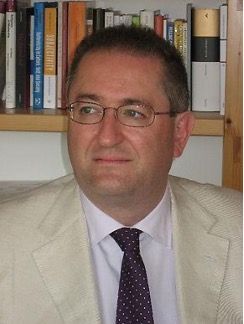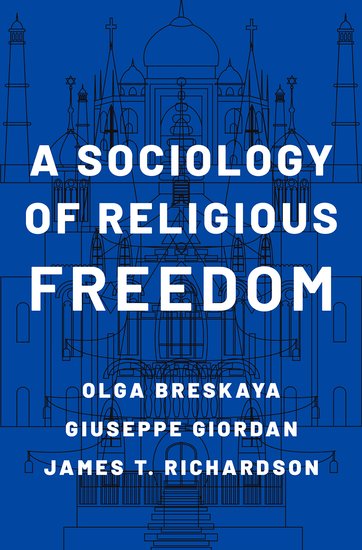
Cecilia Titizano is core faculty at NAITTS, an Indigenous learning community, and directs the Latina/o Theology and Ministry Leadership Network and the Instituto Hispano of the Jesuit School of Theology of Santa Clara University. This post is based on a presentation given at the ICLRS 32nd Annual International Law and Religion Symposium, 6 October 2025.
The post is the part of the Religious Freedom and Indigenous Rights series
Andean Metaphysics: The Interdependence of All Things
In the Andes, everything is alive: plants, animals, water, and even mountains. They are all animated by the same Ajayu or Spirit and share the same organizing and pulsing life force. They all have awareness (each in their own way); they allcommunicate (each in their own fashion); and they all are endowed with a purpose particular to their place in Pacha (all that is). The Aymara and Quechua people describe reality or “what is” as an interconnected web of beings endowed with the same animating life force, where relations constitute beingness or, better yet, becoming (beingness in process). Pacha (all that is) is dynamic and ontologically relational, where relations have priority over substance. Hence, the interdependence of all beings is a constitutive reality of the Andean universe.
(more…)



